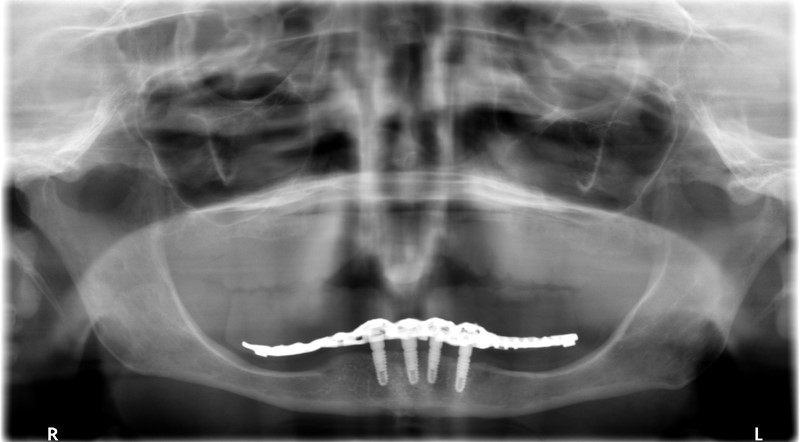Dental x-rays enable dentists to visualise diseases and decay in your mouth that cannot be seen with a general oral examination or those that are in the early stages of development. Allowing dentists to see beneath the enamel and gums, x-rays can help identify infections, cavities or disease in the root and tooth below the gumline.
Types of x-ray
There are a number of interoral x-rays used by dentists, including:
• Bite-wing – These show the details of the upper and lower teeth in one chosen area of the mouth, from the crown of the tooth to the level supporting the bone
• Periapical – These show the whole tooth from the crown to beyond the end of the root where the tooth is anchored
• Occlusal – These are the largest x-rays and show the full development and placement of teeth across the lower and upper jaw
How often should you have an x-ray?
The frequency with which you have dental x-rays is dependent on your dental history and the current condition of your mouth. If you have a history of dental problems or you’re currently suffering from disease it may be necessary for you to have dental x-rays every six months. However, those with infrequent problems and a good level oral hygiene will only require x-rays every few years at the request of their dentist.
Are x-rays harmful?
The level of radiation emitted from dental x-rays is extremely low, and in many areas it measures below the level of rotation found naturally in soil and the environment. Here at Synergy, we also use the latest x-ray technology to make sure our patients receive the safest treatment possible. Despite this, synergy dentists will still only use x-rays when medically necessary.
The British Dental Association recommended that pregnant women inform their dentist before an x-ray, but there is no research to suggest that the small amounts of radiation emitted are harmful.
Who do they belong to?
X-rays will become part of your health records and should be kept in your dental file. Your dentist must keep your dental records for at least two years from the date of your last course of treatment. You are entitled to copies of your dental health records, including your x-rays, under the Access to Health Records Act 1990, but you will have to pay for these. If you change dentist, however, your new dentist will have access to your previous dental records free of charge.

